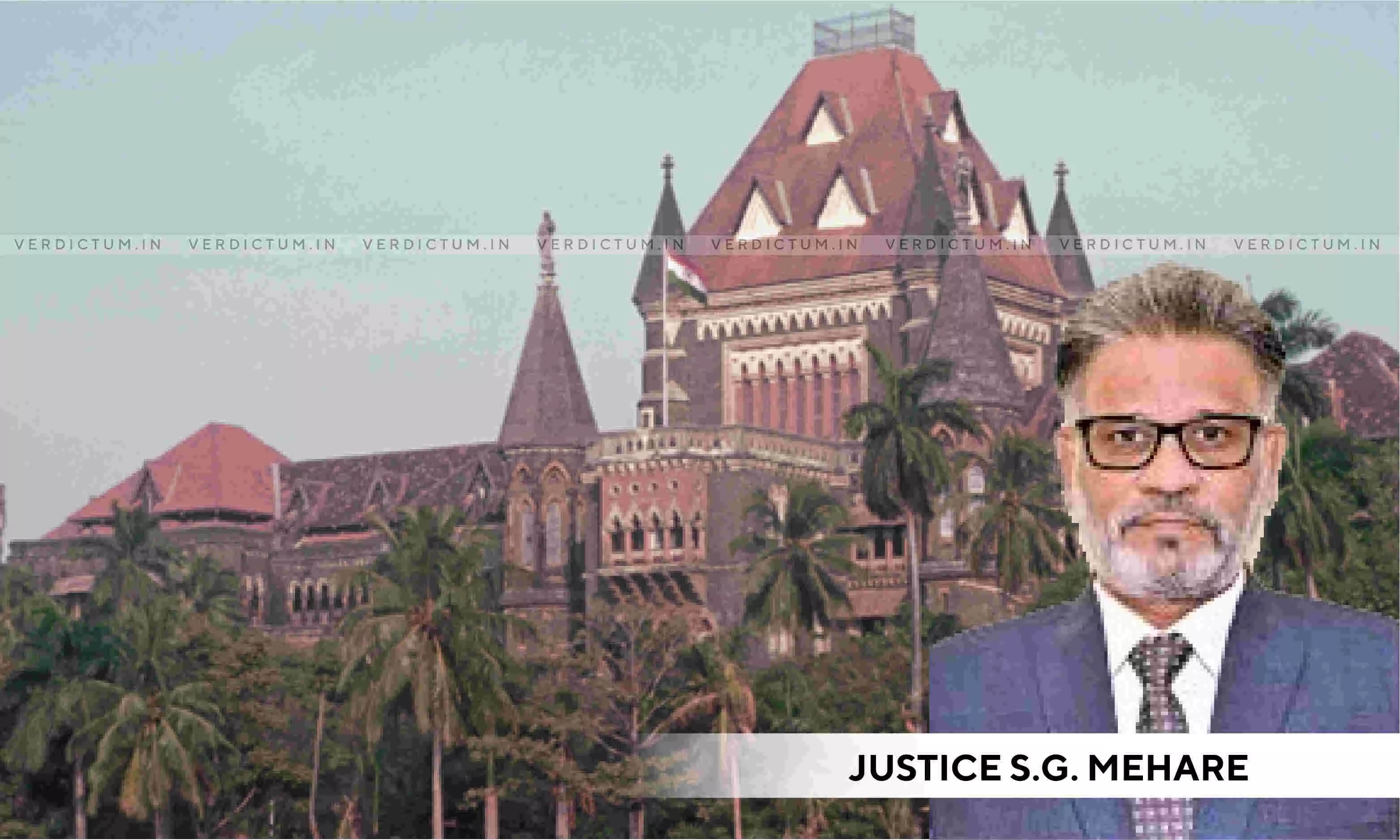
Employee's Right Cannot Be Forfeited To Claim Compensation U/s. 140 MV Act And U/s. 3 Of Workmen Compensation Act - Bombay HC
 |
|The Bombay High Court has held that the right to claim compensation under Workmen Compensation Act 1923 is not forfeited upon receiving compensation under Section 140 of the Motor Vehicles Act on no fault principle.
The Single Bench of Justice S. G. Mehare held that "Where the employee receives compensation under Chapter X of the M.V. (Motor Vehicle) Act, his remedy to seek compensation either under the 1923 Act or the M.V. Act cannot be forfeited under section 167. Such an employee has an option to move an application for compensation either under the 1923 Act or M.V. Act."
The Court was adjudicating whether the compensation granted under chapter X of the Motor Vehicle Act (MV Act) forfeits the right of the employee to claim the compensation under section 3 of the Workmen Compensation Act 1923 Act as provided under Section 167 of the M.V. Act.
In this case the appellant was a truck driver. The truck was owned by one Sangita and was insured with an insurance company. The appellant met with an accident whereby he sustained 35% physical disability.
He then filed an application under Sections 3 and 22 of the Workmen's Compensation Act 1923 (now Employees Compensation Act 1923). However the Commissioner for Workmen's Compensation and Judge Labour Court rejected his Claim. It was held that the appellant had already approached the Motor Accident Claims Tribunal and had received the compensation under section 140 of the Motor Vehicles Act 1988, hence the Claim was barred under section 167 of the M.V. Act.
Aggrieved by this order the appellant approached High Court.
Advocate B.R. Kedar appearing for the appellant argued that the Commissioner had misinterpreted section 167 of the M.V. Act. He submitted that an application under Section 140 of M.V. Act has been excepted from the bar envisaged in Section 169 of M.V. Act and that an application for compensation either under the Workmen's Compensation Act or M.V. Act, was maintainable.
On the contrary Advocate Chapalgaonkar appearing on behalf of respondent-Insurance Company argued that after the impugned order, the appellant had filed another application under section 166 of M.V. Act. He submitted that the appellant had made the incorrect statement before the court that the said application was withdrawn. He further submitted that the copy of the order that was passed in the said application revealed that the application was dismissed for default.
On bare reading of Section 167 of the M.V.Act, the Court noted that "the option as envisaged in section 167 of the M.V. Act is available only to the employees covered under the 1923 Act. It provides two forums. The option lies with an employee claiming compensation either under the 1923 Act or M. V. Act. But, employee cannot claim the compensation under both the Acts. However, chapter X of the M.V. Act is excepted from the bar envisaged in Section 169 of M.V. Act."
The Court observed that the application of chapter X as envisaged in section 143 and exception of the applicability of the chapter as envisaged in section 167 should be read together to answer the point that has arisen for consideration.
The Court further noted "the compensation for vehicular motor accidents is covered under the M.V. Act. It also covers the compensation for the driver of the vehicle involved in the accident. However, in case the driver of such a vehicle is an employee of the owner of the vehicle. In such a case, the law has given him an option to seek compensation either under the M.V. Act or Employee's Compensation Act, 1923."
The Court held that the reliefs granted under chapter X of the M.V. Act would not come in the way of claiming compensation before the Commissioner of Employee's Compensation or the Claims Tribunal.
The Court relied on the case of Maroti Shrawan Manghate vs Rita Y. Sapra and Anr, where the court had to deal with the similar issue. It was observed in the case that Section 167 of the M.V. Act gives the option only to proceed either under M.V. Act or W.C. Act. But it had no application to Chapter X.
The Court held that the Commissioner had misread and misinterpreted Section 167 of the M.V. Act and erroneously dismissed the appellants' application. Accordingly the appeal was allowed and the order of Commissioner for Workmen's Compensation was quashed and set aside.
Click here to read/download the order